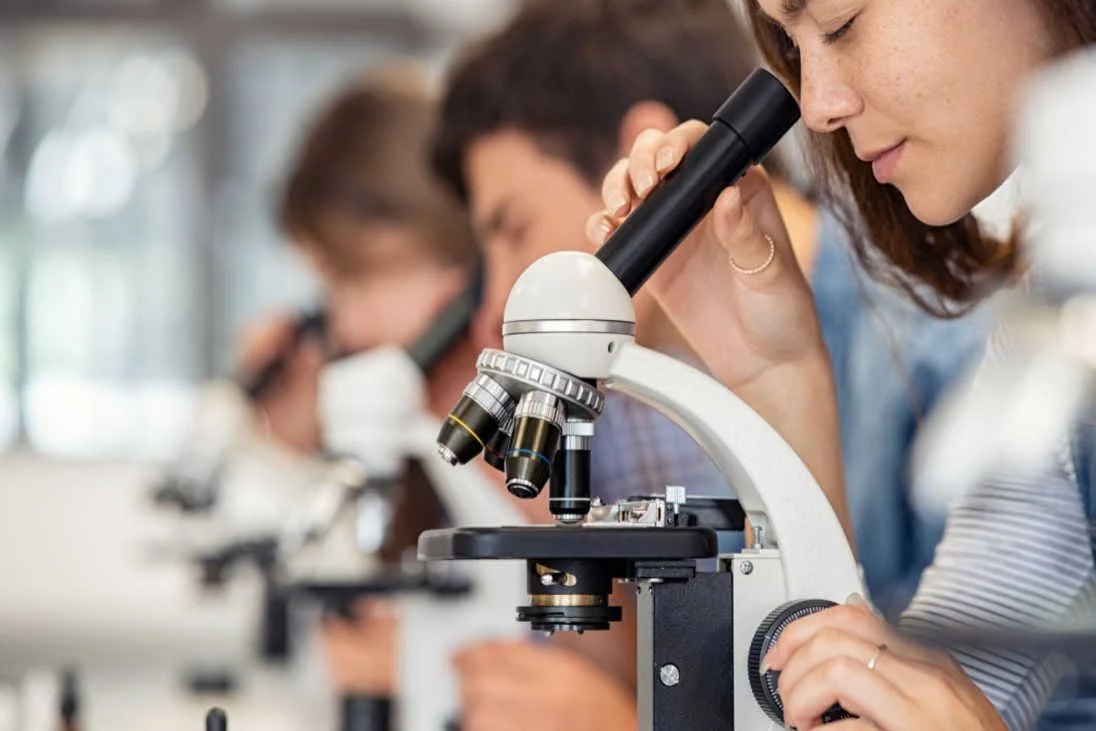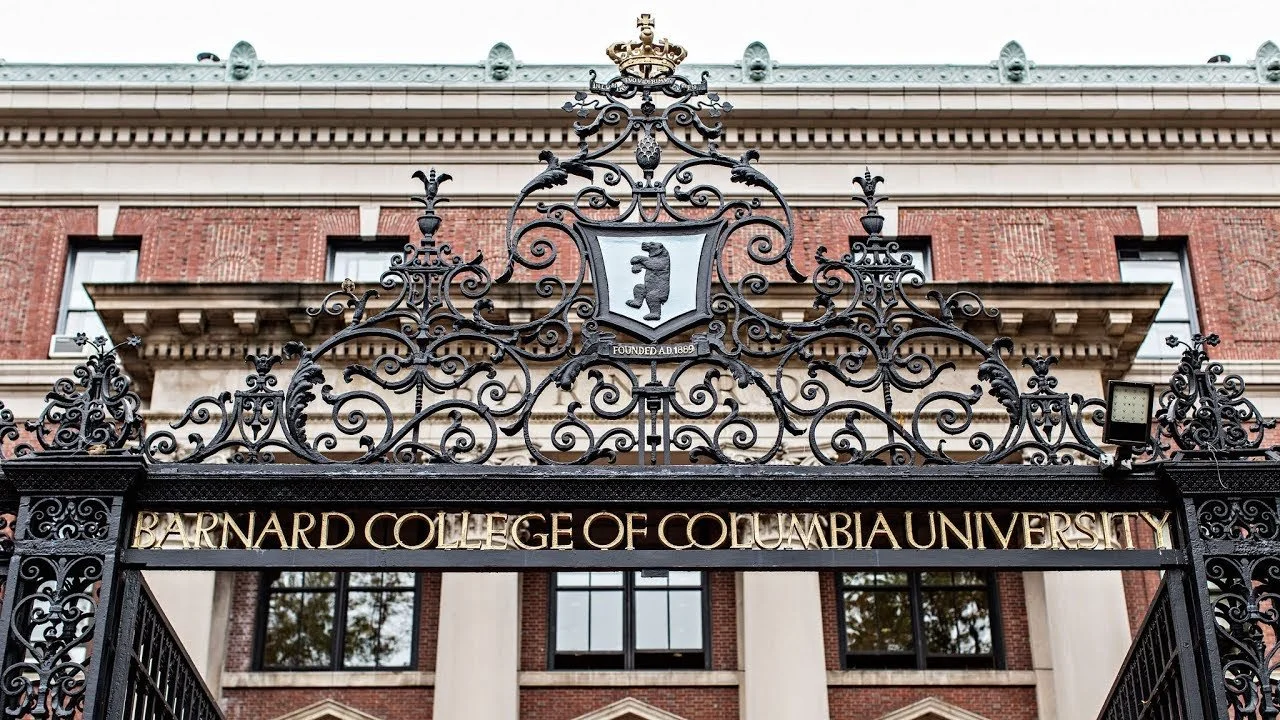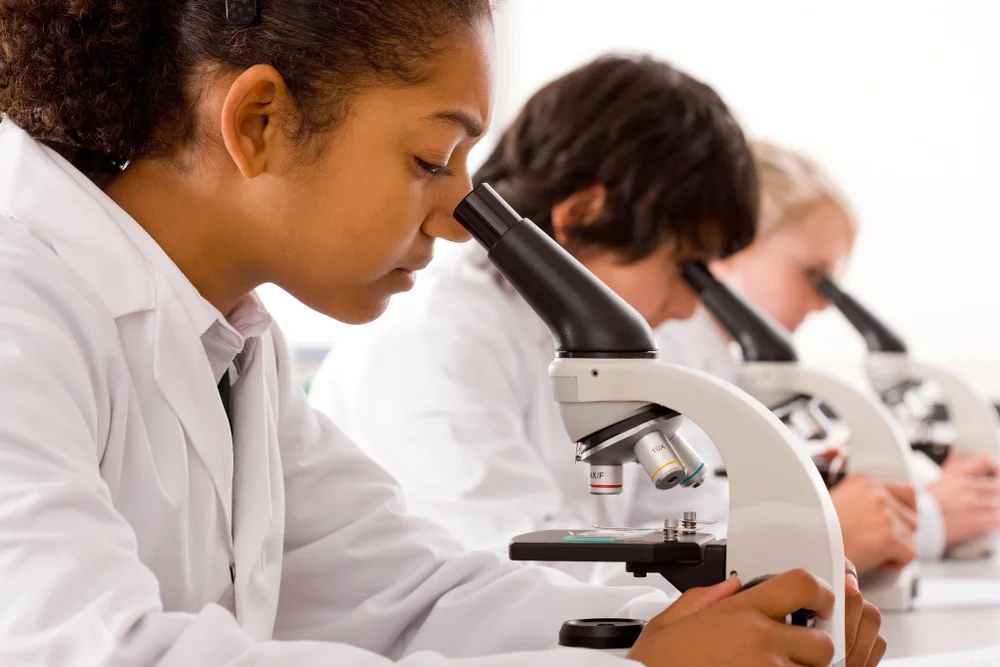Behind a $25 Million Plan to Elevate Women in STEM and Use their Stories to Inspire Girls
/A longtime supporter of science research and STEM education, Lyda Hill Philanthropies recently made a big bet on getting girls interested in careers in STEM, while supporting women already forging a path in those fields.
The ambitious $25 million IF/THEN initiative is an attempt to boost girls’ interest in STEM by changing the narrative around careers in those fields. The bet is that if girls see women excelling at those jobs, they’ll be able to picture themselves in the same fields.
Efforts to boost interest in STEM, especially among girls, are popular right now in philanthropy. This is true even as some critics cast doubt on whether the actual demand for STEM skills from employers justifies the money pouring into the sector.
Related: All Demand is Local: Why Donors Remain Bullish on STEM Education
Many funders support initiatives that focus on improving STEM instruction in the classroom and supporting enrichment programs outside of school. IF/THEN stands out for its focus on changing the narrative and cultural assumptions around STEM.
The initiative takes its name from the mantra, “If we support a woman in STEM, then she can change the world.” It’s tackling the gender gap in STEM from several angles. First, by holding up women working in STEM and sharing their stories with young girls, Lyda Hill Philanthropies hopes to spark interest in those fields.
The hope is also to bring more funding and visibility to women working in STEM, whose contributions often go overlooked, the philanthropy said. Part of the $25 million will fund grants for women working in STEM. Those women, in turn, can act as the initiative’s “ambassadors” by sharing their stories.
Another facet of the project is broadening what sorts of careers girls picture when they think of STEM. To that end, ambassadors will include women working not only in traditional scientific disciplines, but also in sports, fashion, gaming, entertainment and music. For example, U.S. Soccer will be on hand to highlight how STEM professions ensure athletes stay healthy and in top shape to compete.
So how, exactly, will this all work? First, the American Association for Advancement of Science will pick 100 women working in STEM to serve as its ambassadors. Their stories will be translated into photos and videos.
The National Girls Collaborative Project will house the digital content and share it with organizations that interact with middle-school girls, including science museums, zoos, aquariums, schools and institutions like Girl Scouts of the USA, Teach for America, the Wildlife Conservation Society and other nonprofits.
Perhaps even more importantly, the project will share its digital stories in the spaces in which young girls already access content, like the YouTube channel GoldieBlox and the cable TV show Project Runway. To do this, Lyda Hill Philanthropies is taking on a huge number of partners, including the organizations mentioned already, along with several others, listed here.
Lyda Hill herself is no stranger to STEM philanthropy or excelling in a male world. Hill inherited a fortune from her grandfather, the oil magnate H.L. Hunt. She majored in math at Hollins University, a women’s college in Virginia.
In addition to inheriting family money, Hill succeeded as an entrepreneur in her own right. Hill started the travel agency Hill World Travel in 1967. By the time she sold it in 1982, the agency was one of the largest in the country. Hill, who never married, subsequently went served as president of Seven Falls, a tourist attraction in Colorado Springs.
Increasingly, Hill turned her attention to philanthropy. She signed the Giving Pledge in 2010, the same year that Bill and Melinda Gates and Warren Buffett started the pact. As a signatory, Hill promised to give away the majority of her wealth to charity.
Lyda Hill Philanthropies oversees both the Lyda Hill Foundation and Hill’s personal giving. Gifts to scientific research and education have dominated Hill’s philanthropic work. Hill survived breast cancer, so it’s not surprising that cancer research and treatment make up another big part of her giving. Past gifts include a $50 million grant to the MD Anderson Cancer Center at the University of Texas and several others to medical centers and universities.
Hill has also supported STEM education in the past, with an emphasis on young women, as she did with a $20 million gift to her alma mater the Hockaday School in Dallas. The school is a private college preparatory day and boarding school for girls. The money established the Lyda Hill STEAM Institute to strengthen the school’s science, technology, engineering, arts and math offerings.
The philanthropy revealed that including IF/THEN, the funder’s total giving to support women in STEM surpassed $60 million. However, no previous gift quite matches the new initiative in ambition, scale or partnerships.
Hill’s giving is part of a growing funding field, with donors taking a range of approaches to STEM education. Many efforts support extracurricular activities like Girls Who Code, which teaches girls skills like programming, robotics and web design.
Other funders, like the tech giant Salesforce, work directly with schools and districts to improve STEM offerings in the classroom. Still others, like the Carnegie Corporation of New York, invest in creating high-quality STEM standards and curriculum, and recruiting and retaining good teachers.
Hill’s focus on media and narrative to change perceptions of STEM is unusual. IF/THEN looks a little different from more programmatic initiatives. But in backing a public awareness campaign, it’s embracing tactics used in other fields, such as early childhood learning and family engagement
The Clinton Foundation’s Too Small to Fail initiative has been known to partner with the entertainment and media world to get messages and information about childhood development to parents. The Kenneth Rainin Foundation in Oakland has also targeted parents of young children through a public awareness campaign called “Talk, Read Sing.”
In this case, though, the audience will be the girls themselves, not their parents. It’s a creative, ambitious project, and likely a sign of more to come. Hill is only her 70s, and has made it clear that philanthropy is her primary focus going forward.
Related:







































